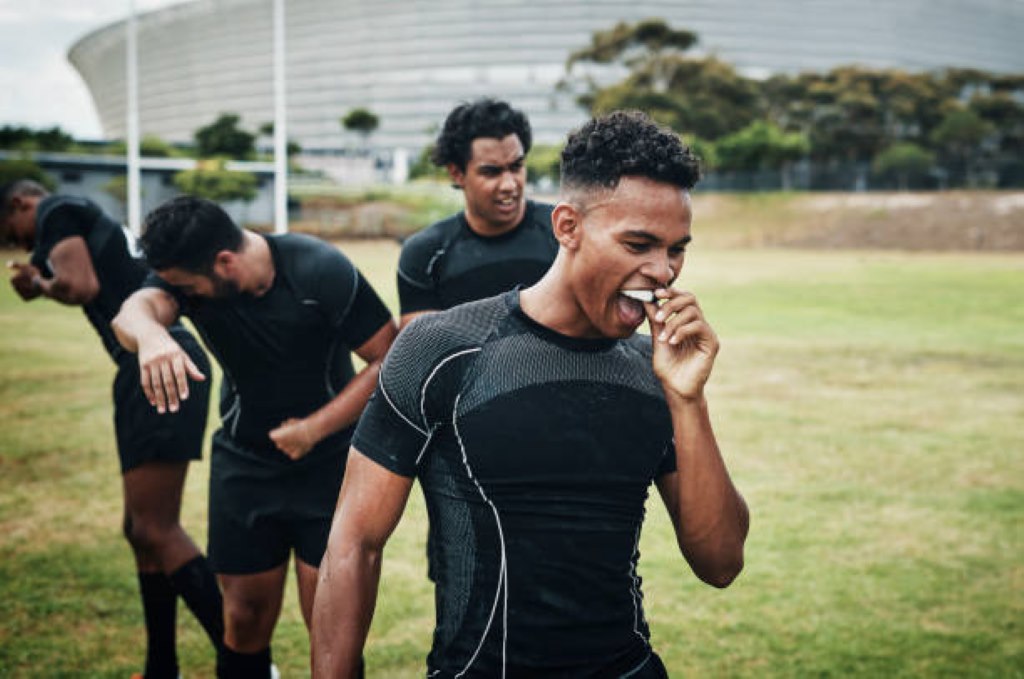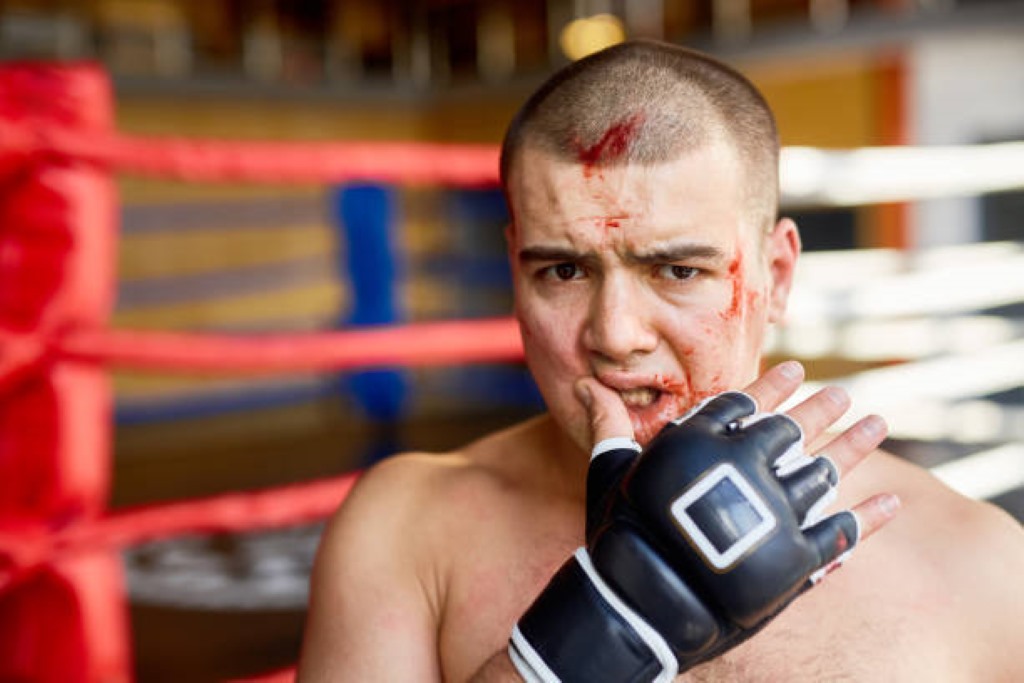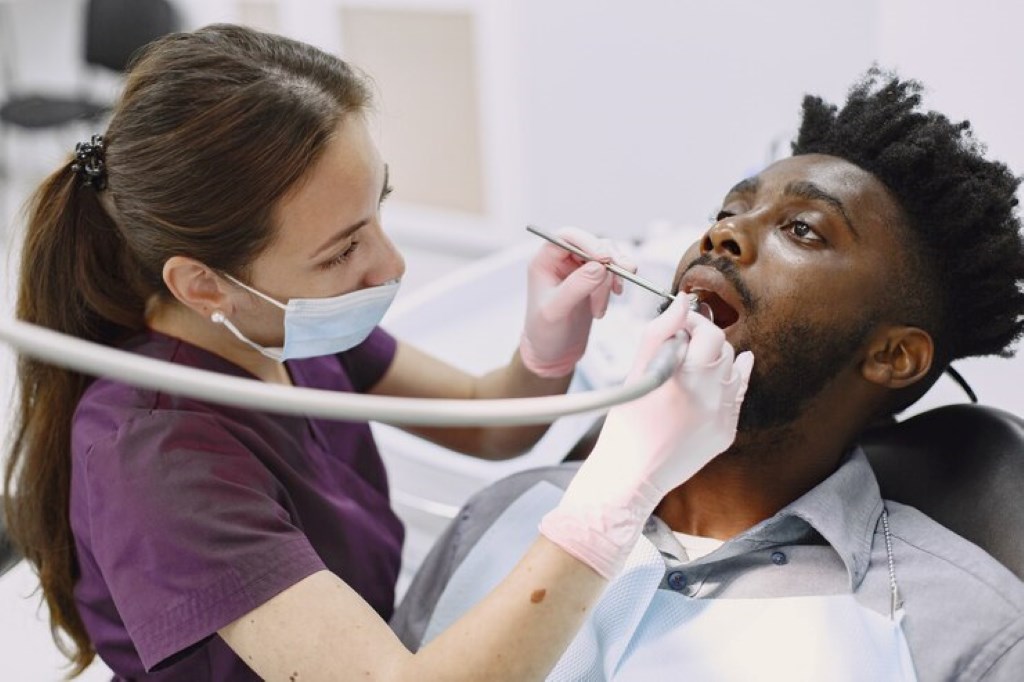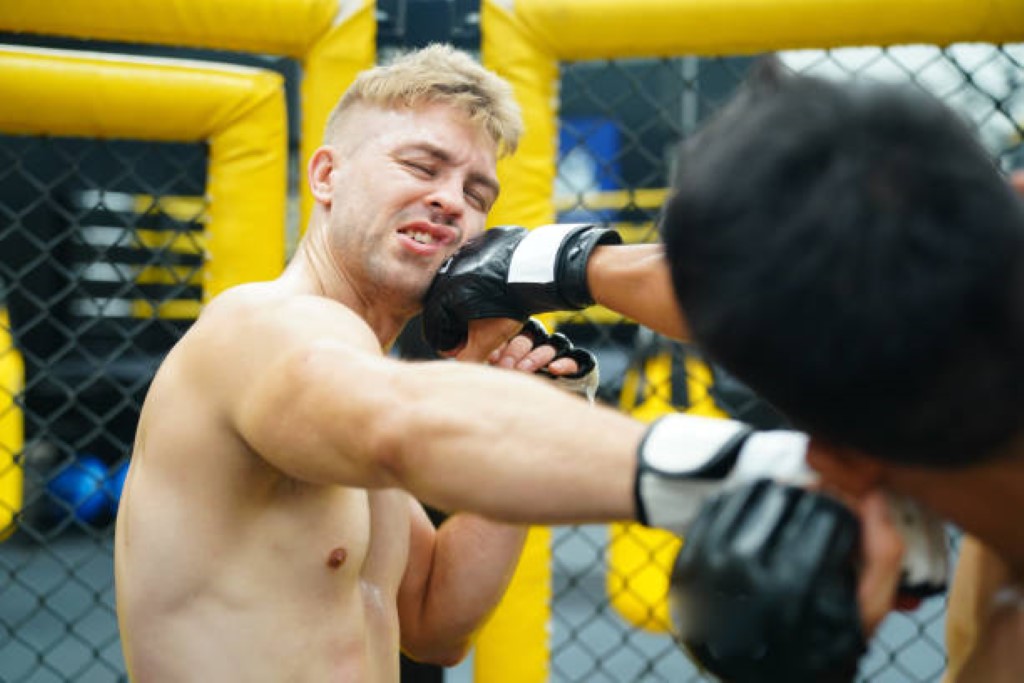Combat sports require athletes to possess strength, agility and mental toughness. Due to the nature of these sports, participants are exposed to dental injuries and face unique challenges that demand special attention.
Therefore, it is crucial for athletes undergoing training to prioritize maintaining oral health in order to support their overall well being.
This comprehensive guide has been specifically crafted for combat sports practitioners. It provides tips and strategies to ensure their smiles are protected during training.
Causes of Dental Injuries in Combat Sports
Combat sports like boxing, MMA and martial arts inherently involve a risk of dental injuries due to the physicality involved. These risks arise from direct hits as well as the inherent stress associated with these activities. The causes and consequences of injuries can affect athletes in ways:
1. Direct Facial Hits
Combat sports often entail close range combat and physical contact which means fighters frequently experience forceful strikes aimed at their faces and mouths. During training sessions or competitive matches, fighters may endure impacts from punches, kicks, elbow strikes or accidental collisions.
These forceful blows significantly increase the chances of sustaining injuries ranging from chips or fractures, to more severe damage affecting teeth, gums or even the jawbone. The high frequency and intensity of these strikes make combat sports athletes more vulnerable to injuries.
2. Repetitive Strain
The repetitive strain exerted on the jaw during training sessions is another factor contributing to problems among combat sports practitioners. The constant striking or clenching involved puts pressure on the jaw joint and surrounding structures.
Over time, this repeated strain can lead to issues such, as bruxism (teeth grinding) chronic jaw pain or joint (TMJ) disorders. These problems not just affect dental health but also negatively impact an athlete’s overall well being, potentially disrupting their training routine and competitive performance.
3. Insufficient Protection

Protective gear, specially mouthguard, play a role in preventing dental traumas in combat sports. Athletes who don’t prioritize using proper equipment or neglect its maintenance, increase their chances of experiencing dental injuries.
Ill-fitting or poorly maintained mouthguards compromise their ability to protect. It also leaves vulnerable areas of the mouth exposed to potential damage. This inadequacy significantly raises the risk of sustaining injuries, making athletes more prone to severe trauma during training or competitions.
Impact on Athlete’s Performance
The impact of injuries on an athlete’s performance is significant. These injuries can cause limitations, affect focus and overall readiness for competitions:
1. Pain and Discomfort
Dental injuries often come with pain and discomfort which greatly hampers an athletes ability to concentrate during training sessions and competitive events.
Constant pain resulting from trauma becomes a distraction, making it difficult for athletes to stay mentally focused and perform at their best.
The level of discomfort can vary from mild to painful negatively, impacting an athlete’s engagement and effectiveness in both training and matches.
2. Recovery Time
Recovering from these injuries often requires taking an amount of time away, from intense training regimens.
Athletes often need to set time for treatments, recovery and the healing process.
This can sometimes cause interruptions in their training schedules, which can disrupt their training rhythm and impact their progress, conditioning and readiness for fights or tournaments.
In cases of injuries, the extended recovery period may delay return to full training capacity, potentially affecting their performance and preparedness for competitive events.
3. Impaired Functionality

Severe dental injuries, those affecting the structure of the mouth can impair functions necessary for optimal athletic performance.
Damage to teeth, jawbones or soft tissues can affect an athlete’s ability to speak clearly, chew food efficiently or even breathe properly.
These functional impairments significantly undermine an athlete’s confidence in their abilities and hinder communication with coaches or teammates during combat sports competitions.
Dental Care Tips for Combat Sports Trainees
From equipment to stress management techniques and professional dental care, the following comprehensive tips are designed to help athletes prioritize their health alongside their demanding training routines.
By following these practices, athletes can strengthen their smiles. Enhance their performance in the competitive world of combat sports.
1. Essential Protection with Mouthguards
Mouthguards play a role in safeguarding combat sports athletes from injuries. These custom fitted guards provide cushioning against impacts to the mouth and jaw, significantly reducing the risk of trauma.
It’s important to ensure that your mouthguard fits properly and comfortably. Regularly check it for signs of wear or damage, promptly replacing it as needed to maintain its effectiveness.
2. Consistent Oral Hygiene Routine
Maintaining a disciplined oral care routine is essential for combat sports trainees. Brush your teeth twice a day using toothpaste to remove plaque and prevent dental problems.
Regular flossing helps remove debris between teeth and along the gum line reducing the risk of cavities and gum disease.
Additionally, after training sessions, rinsing your mouth thoroughly helps eliminate bacteria, reducing the chances of infections and keeping your breath fresh.
3. Professional Assistance through Dental Check-Ups

Regular dental check ups are invaluable for combat sports practitioners. Dental professionals at clinics like Omnia Dental have the skills to identify dental problems at an early stage and provide customized advice and treatments, specifically designed for athletes involved in combat sports.
These regular check ups act as measures, ensuring that athletes maintain oral health and addressing any emerging concerns promptly to prevent any disruptions to their training schedules.
4. Managing Stress and Dental Health
Engaging in combat sports training often leads to stress, which can unintentionally result in issues like teeth grinding or clenching.
Implementing stress management techniques such as meditation, deep breathing exercises or mindfulness practices can effectively alleviate these habits.
By reducing stress levels, athletes can protect their health and avoid associated problems that may compromise their oral well being.
5. Providing Nutritional Support for Oral Health
Maintaining a balanced diet strengthens teeth and gums. Individuals involved in combat sports should focus on including calcium foods (such as dairy products) vitamin C (found in fruits and leafy greens) and vitamin D (obtained from sources, like fatty fish or fortified dairy) into their diets.
Conversely, limiting sugar intake is essential as it significantly contributes to tooth decay. Opting for dense foods instead of sugary snacks helps promote good oral health.
In Conclusion
Taking care of your teeth is crucial for your well being and performance. By following an oral hygiene routine, using the protective equipment, scheduling regular dental check ups and eating a healthy diet, people involved in combat sports can maintain their dental health.
Not just dental health but it will also enhance their training capabilities and resilience. Remember, prioritizing health goes beyond having a great smile—it plays a vital role in staying on top of your game.



